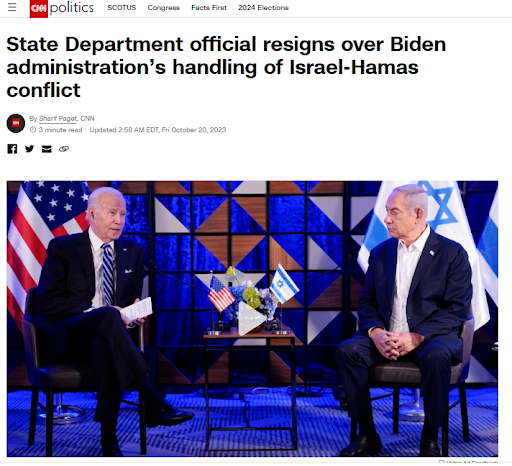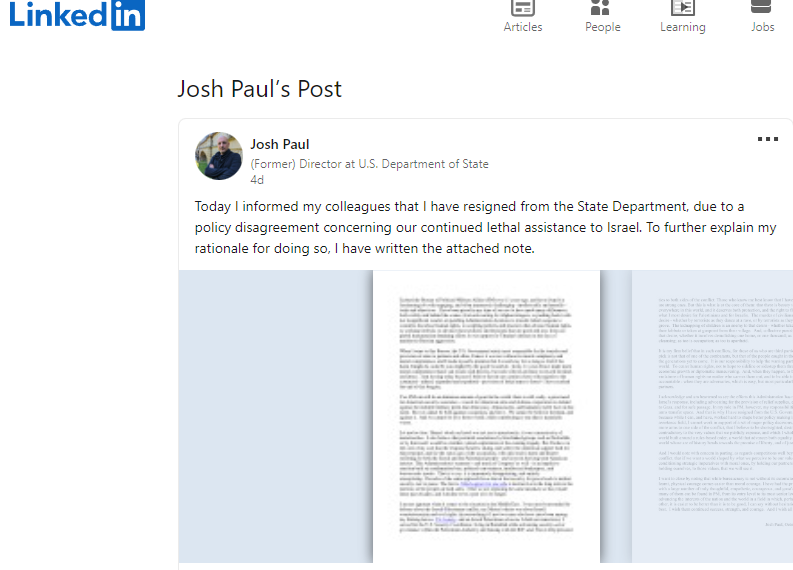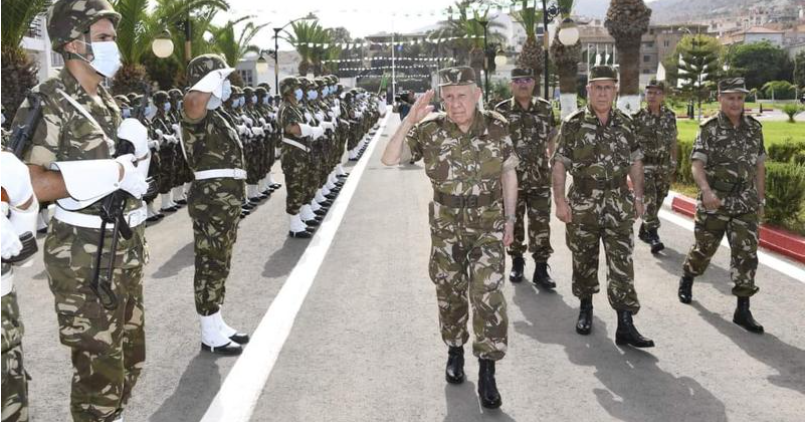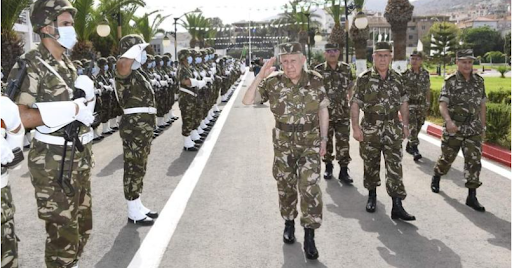
The Wall Street Journal: Nature and quantity of American weapons provided to Israel since October 7
The American Wall Street Journal reported, in a report, about the United States supplying the Israeli occupation entity with large bunker-busting bombs, among tens of thousands of other weapons and artillery shells, during the ongoing war on Gaza.
The newspaper quoted American officials as saying, “The wave of weapons, including approximately 15,000 bombs and 57,000 artillery shells, began shortly after the October 7 attack, and has continued in recent days.”According to an internal US government list of weapons, which US officials transferred to the Wall Street Journal, among the munitions that Washington transferred to Israel were more than 5,000 unguided Mk82 bombs, and more than 5,400 bombs with Mk82 warheads. A 2,000-pound Mk84 bomb, about a thousand GBU-39 small-diameter bombs, and about 3,000 JDAM bombs, which convert unguided bombs into guided bombs.
The United States also sent nearly 57,000 155 mm artillery shells and 100 advanced BLU-109 bombs weighing about 900 kilograms to Israel.
But Washington did not previously reveal the total number of weapons it sent to Israel, nor the transfer of 100 BLU-109 bombs.
American officials say that “the failure to disclose these weapons is a result of the fact that Israeli weapons come through a different mechanism, including military sales.”
Diplomatic challenge
According to the Wall Street Journal, this airlift of ammunition worth hundreds of millions of dollars, especially on C-17 military cargo planes flying from the United States to Tel Aviv, shows the diplomatic challenge facing the Biden administration, as “This aid could undermine the administration’s pressure to protect civilians.”
It is noteworthy that "Israel" is the largest recipient of American foreign military funding. Most of this aid comes in the form of arms grants, while it also has access to some of the most advanced US military technology.
American support also represents about 15% of the entity’s annual defense budget, according to the Axios website.
In this context, Elias Youssef, an American weapons transfer expert at the Stimson Center, said, “American weapons are widely used in the current Israeli operations in Gaza.”
The Pentagon had stated that it "will not place restrictions on how the Israeli army uses weapons provided by the United States."
A few days ago, the White House requested the removal of restrictions on all categories of weapons and ammunition that Israel is allowed to access from American weapons stockpiles stored in Israel itself, according to the American “The Intercept” website.
Also, Bloomberg newspaper reported that the Pentagon has increased its military aid to Israel, especially laser-guided missiles for the fleet of Apache warplanes, 155 mm shells, night vision devices, bunker-busting ammunition, and new military vehicles.
It is worth mentioning that Washington asks the occupation “army” to limit civilian casualties, and supports a humanitarian cessation of fighting, despite the unlimited military support it provides to “Israel”, which is constantly met with rejection by a large segment of American officials.













.jpg)
.jpg)







































